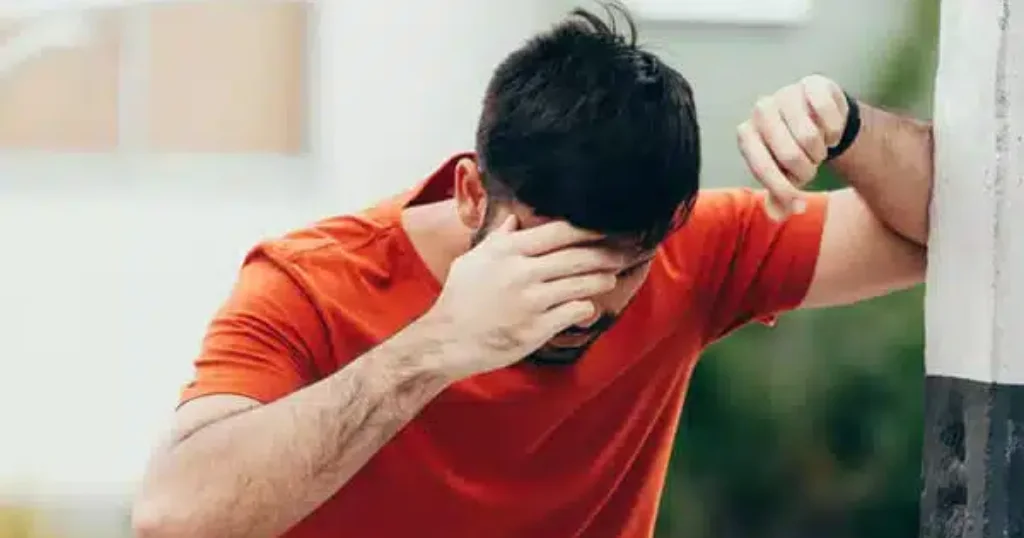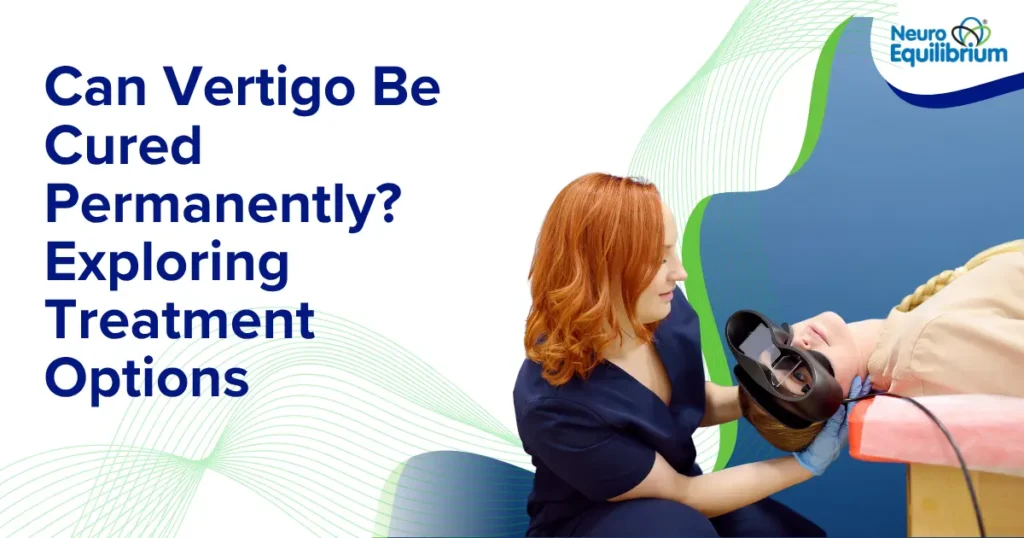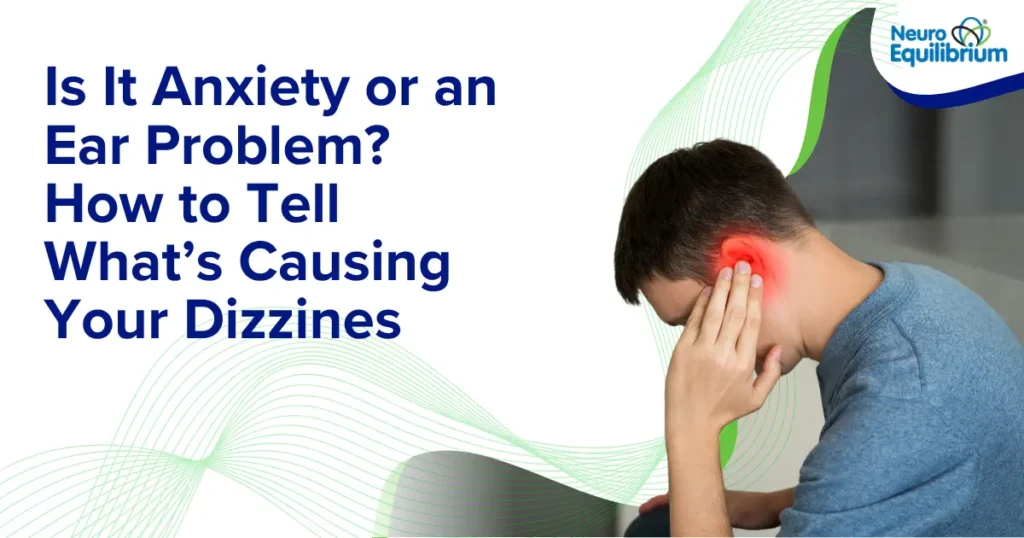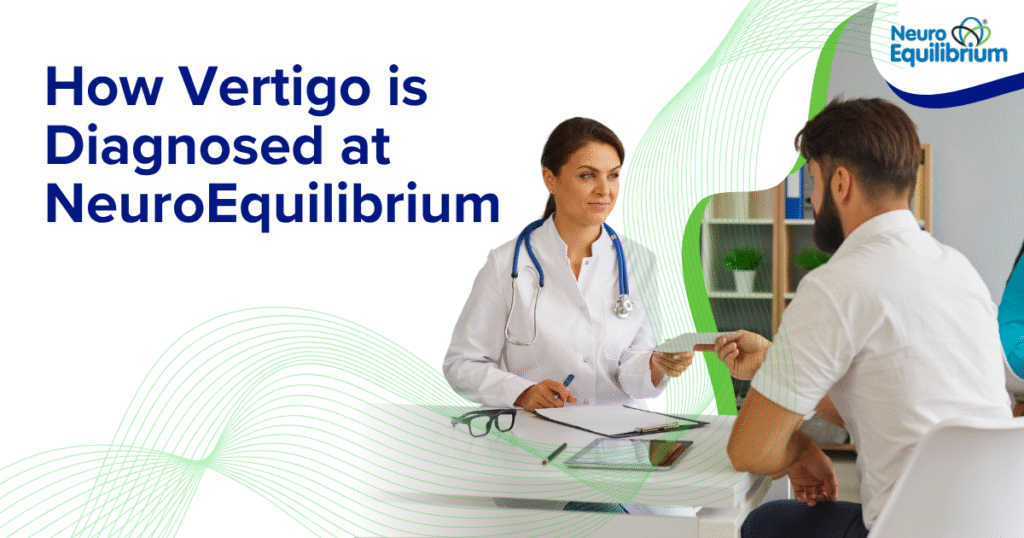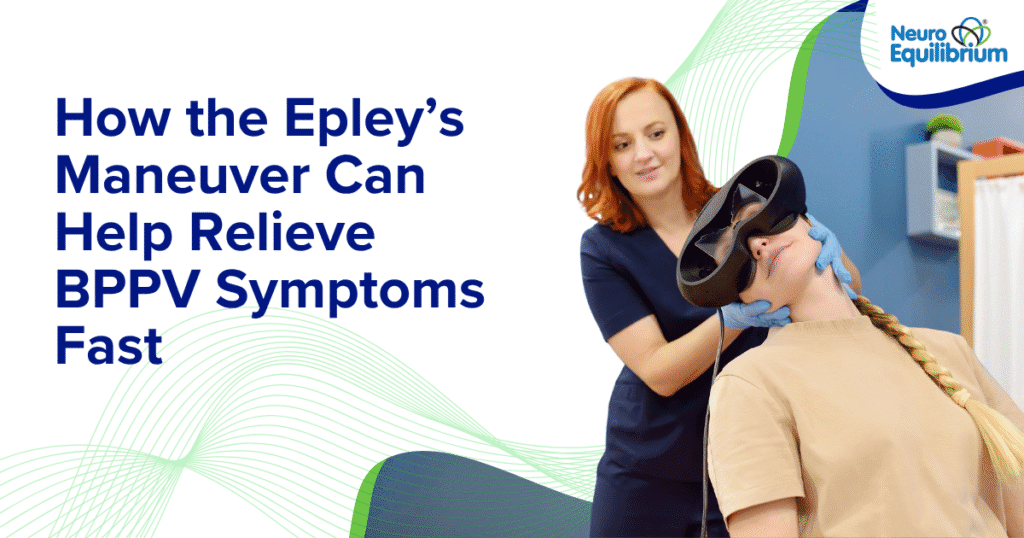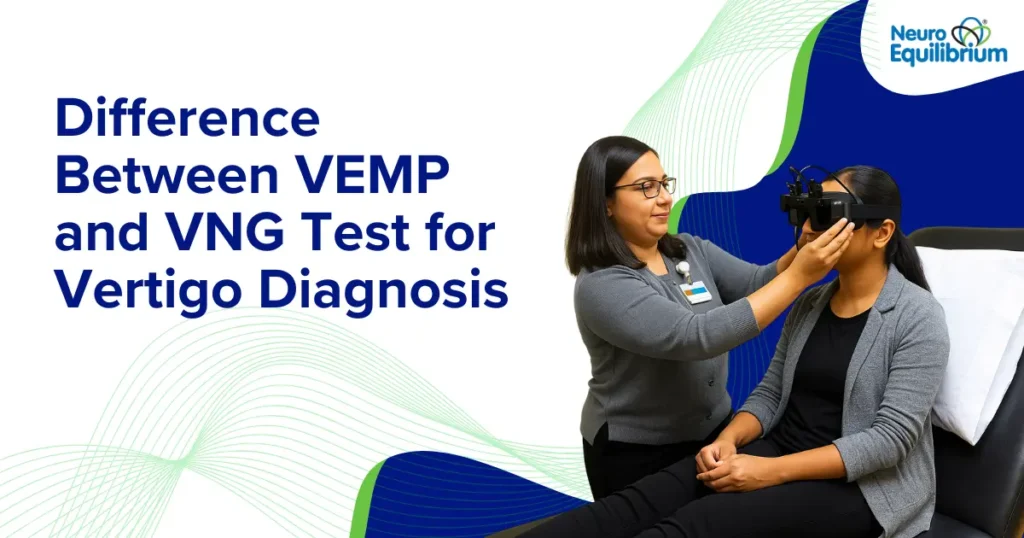Vertigo is a common problem that affects about 15% of the world’s population. In India, around 180 million people are seen to suffer from balance and dizziness disorders. Let’s get to know more about Vertigo and how to manage it.
Explore More About Vertigo:
- What is Vertigo? – Causes, Symptoms, & Treatment
- Top 10 Myths Surrounding Vertigo That You Should Know!
- How Vertigo Exercises Help Cure Vestibular Disorders
What is Vertigo?
Vertigo is the English word for ‘chakkar‘. Patients often describe their symptoms as a feeling of spinning or unsteadiness. A healthy person never gives a second thought to how to balance the body during everyday activities. However, it is a very unsettling feeling when something goes wrong in the balance system, and one feels unsteady.
Should I Be Concerned If I Have Vertigo?
Vertigo is a symptom of the underlying disorder; it is not a disease in itself. Just like fever can be a symptom of various diseases like malaria, typhoid, pneumonia, etc. Similarly, dizziness and vertigo can be caused by various diseases. There are around 40 major disorders that affect the inner ear and brain that cause vertigo. Besides these causes, certain systemic disorders and medicines can also cause dizziness. If the underlying medical disorder is left untreated, vertigo can hinder day-to-day activities and shake the person’s confidence.
Is My Vertigo Due To Cervical Spondylitis?
Cervical spondylitis is a commonly occurring degenerative disorder of the spine that is slowly progressive. However, it does NOT cause vertigo! Vertigo occurs most commonly due to diseases of the inner ear and brain.
Are Vertigo And Dizziness Related To Aging?
Vertigo can occur in all age groups, from young children to teenagers to middle and old age. However, the underlying causes often change with age. One of the commonest causes of dizziness is called BPPV. This occurs due to calcium carbonate particles in the inner ear getting dislodged and trapped in the wrong position. These patients get spinning episodes on changing body position. BPPV often occurs after injuries and may even occur on going to odd positions like during exercise.
Vestibular migraine is a form of migraine in which the predominant symptom is dizziness rather than a headache. This affects the younger population more commonly. Vestibular neuritis is a viral infection of the balance nerve in which the patient has severe spinning with vomiting and may last for a few days.
Less commonly, vertigo may be a symptom of more dangerous disorders like stroke, multiple sclerosis, or brain tumors.
What Should I Do If I Get Vertigo?
A person suffering from vertigo should get a Vestibular evaluation at the earliest. NeuroEquilibrium is the world’s largest chain of Vertigo and Balance Clinics across the world, with over 125 clinics in 50 cities in India. These clinics offer a comprehensive evaluation of the balance system to identify the underlying cause of vertigo or imbalance. Once the diagnosis of the cause of vertigo is reached, scientific and rational treatment is planned for each patient.
Will I Have To Live With My Vertigo?
Vertigo can lead to a lot of distress and anxiety due to the misconception that it has no definite treatment. Neuro-otologists, ENT specialists, and neurologists can diagnose and treat vertigo disorders with a detailed history and thorough evaluation.
What Should I Do If I Get A Vertigo Attack?
If you suffer from a vertigo spell, first of all, try to sit or lie down to make sure that you do not fall. Do not panic. Try to understand if doing anything like turning the neck or getting up is worsening the spell. Look for signs like slurring of speech, blurring of vision, double vision, headaches, etc.
Visit the Neuro-otologist or ENT specialist for inner ear and central nervous system balance function by various tests like Dynamic Visual Acuity, VNG (Videonystagmography), SVV (Subjective Visual Vertical), etc. Remember that vertigo suppressing medicines should never be taken for more than a few days. Continued use of the drug can interfere with the central compensation, the central nervous system’s mechanism of recovery. It is always better to treat the cause of vertigo rather than just suppress the attack.
How Can Vertigo Be Treated?
The management of vertigo has to be customized according to various factors like the underlying cause, age of the patient, any associated co-morbidities, and balance status of the person. Different diseases will require different treatment approaches.
A patient with BPPV will require an evaluation to assess the location of the displaced calcium carbonate crystals in the inner ear. This will be followed by repositioning maneuvers specific to the type of BPPV to bring the displaced crystals back to the original position. A correctly done maneuver like the Epley’s maneuver or Zuma maneuver can treat the patient almost magically.
Patients diagnosed with vestibular migraine will require lifestyle and dietary modifications along with medical treatment, which will be decided according to age, sex, body weight, and any associated co-morbidity. This treatment often lasts for a few months.
Patients with Meniere’s disease, which is caused by increased pressure of inner ear fluid, are treated with low salt and high potassium diet, diuretics, and drugs according to the severity of hearing and balance dysfunction.
Often patients with recurrent vertigo episodes have weakness of the balance nerve function (called peripheral vestibulopathy). These patients will require Vestibular Rehabilitation Therapy for several weeks to help the nervous system develop compensatory strategies by neuroplasticity. NeuroEquilibrium has developed app-based Rehab modules which are progressive and customized to the requirements of the patients. Virtual reality and augmented reality based rehab programs allow patients to have exposure to real-life situations and help them stay more stable in challenging environments.
Why Are Older People More Prone To Have A Fall?
Falls present a major risk to health in people over the age of 60 years. 65% of these falls occur due to balance disorders (reduced vestibular function) or slowing down the brain (reduced cognitive function). These falls can lead to fractures and brain injuries resulting in reduced mobility which has disastrous effects. It is important to evaluate these people for vestibular and cognitive function and help strengthen any deficits with rehabilitation.
Source: Link






